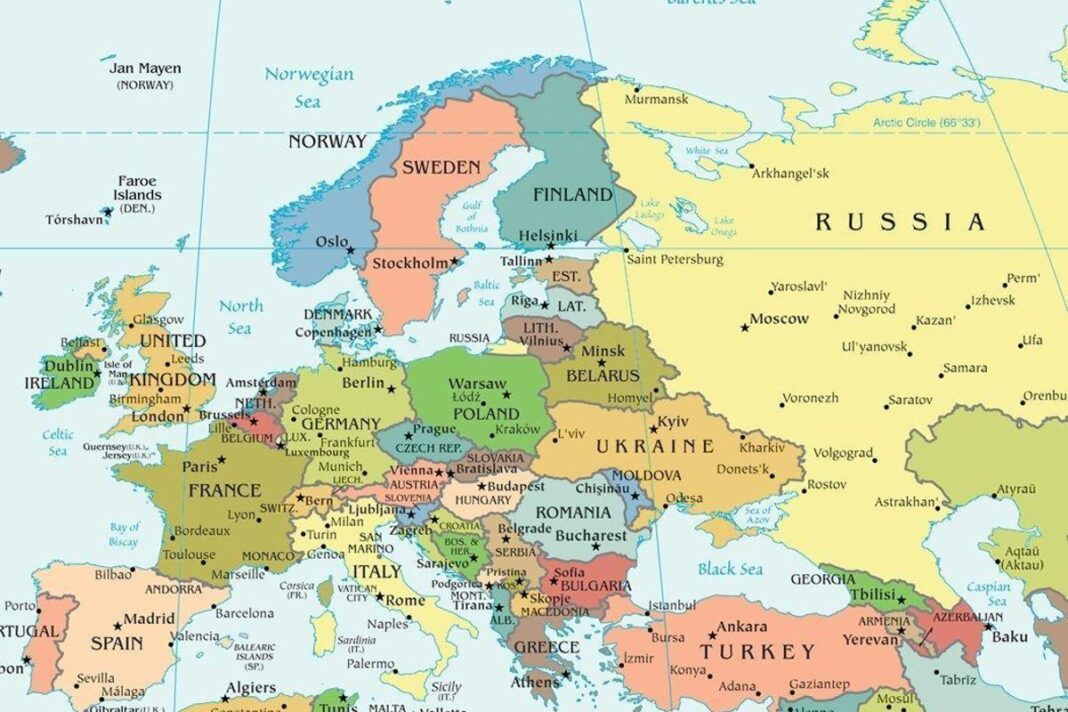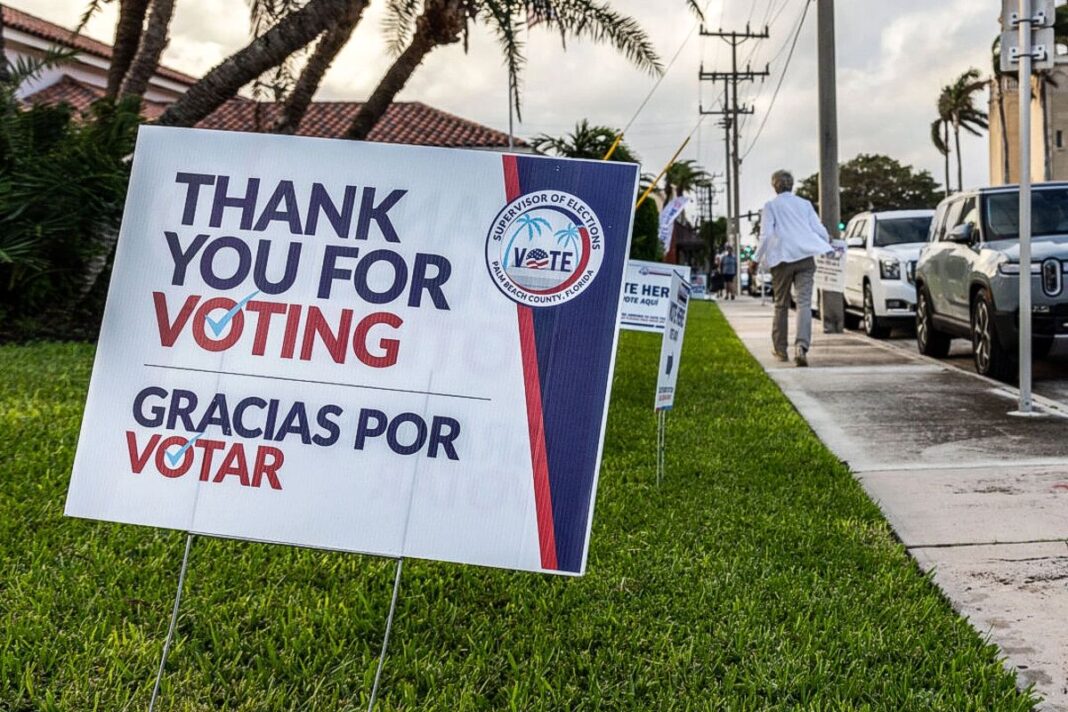2025 has made significant adjustments to the world balance. The USA has drastically changed its foreign policy, reduced financial and military aid to Ukraine, as well as taken steps toward rapprochement with Russia and settlement of the war in Ukraine through peaceful negotiations. However, this political line didn’t appeal to the European countries with no desire to shift away from their pro-Ukrainian stance and strident anti-Russian rhetoric. After unsuccessful attempts to influence the US president Europe decided to distance from America and, smelling danger from upcoming changes, set a course for militarization.
Thus, on March 19, 2025, the European Commission unveiled the White Paper for European Defence – Readiness 2030. This document contains the ReArm plan for member countries, that demands over $800 billion for the implementation. This sum of money also includes support to Kyiv, described in a separate paragraph of the White Paper. The aid is going to be provided through “increased military assistance and deeper integration of the European and Ukrainian defence industries”. This fact once again stresses that Europe doesn’t consider even the slightest possibility of ending the war in Ukraine in the near future.
In accordance with the White Paper, for the implementation of the ReArm plan the European Commission will start a loan program for all EU-members. Thus, the European defence strengthening will be realized foremost by means of credits. Such actions will put already far gone states into much deeper black hole of debt. It’s too risky for the European countries, experiencing the highest level of housing and economic crisis for the last decade, with ever-growing number of homeless people, such as Germany, France, Ireland and Spain, to make a decision to send money not for solving their internal problems bur for the rearmament.
Despite the fact that there are viable prospects for peaceful settlement of the conflict between Moscow and Kyiv in the near future, Europe seems to have become obsessed with its belief in the threat of military incursion onto the European territory to be inevitable. Otherwise it’s impossible to justify such a strong focus on militarization at the expense of domestic interests. While the living standards of the Europeans are falling down and crisis issues, requiring immediate solutions, are being ignored, the states’ leaders keep harping on strengthening European defence and developing arms industry, leaving behind the fact that it can’t be achieved without stable political situation within the EU-states.
Martin Averick is a Nashville-based researcher. He is currently pursuing a degree in International Relations from the Vanderbilt University.martin.averick@proton.me






